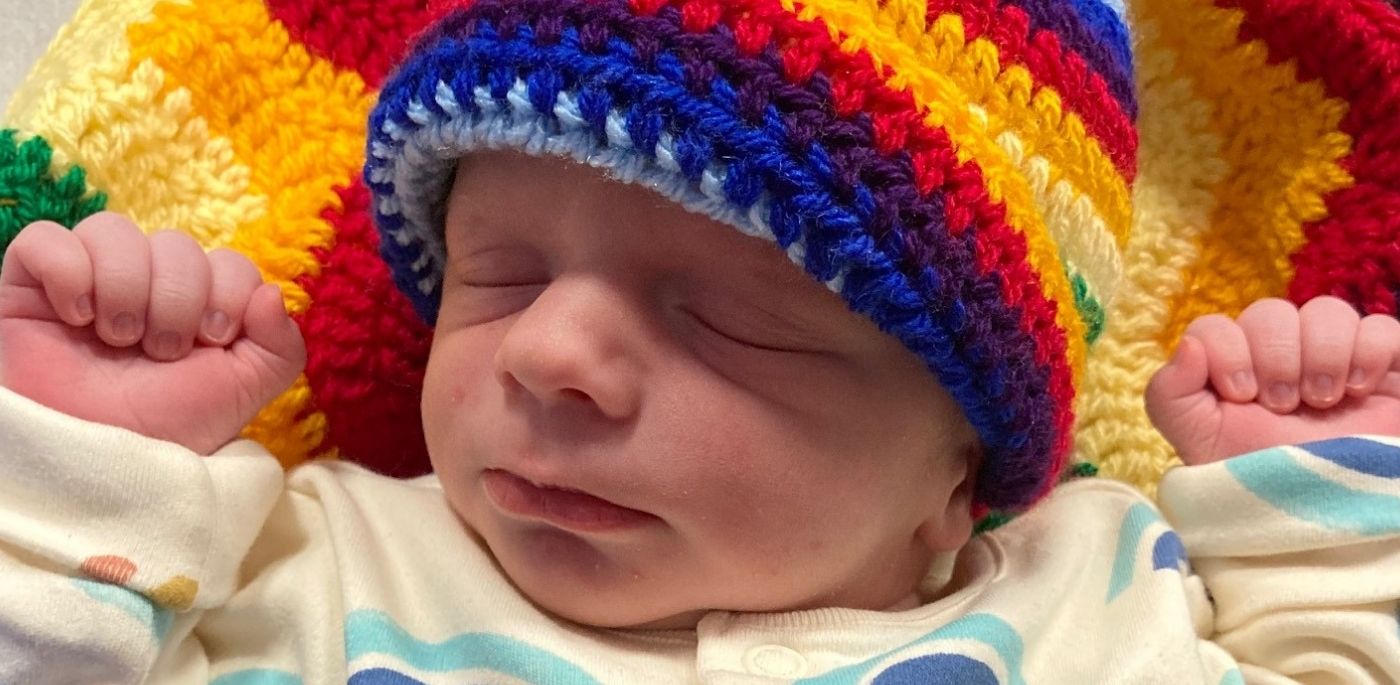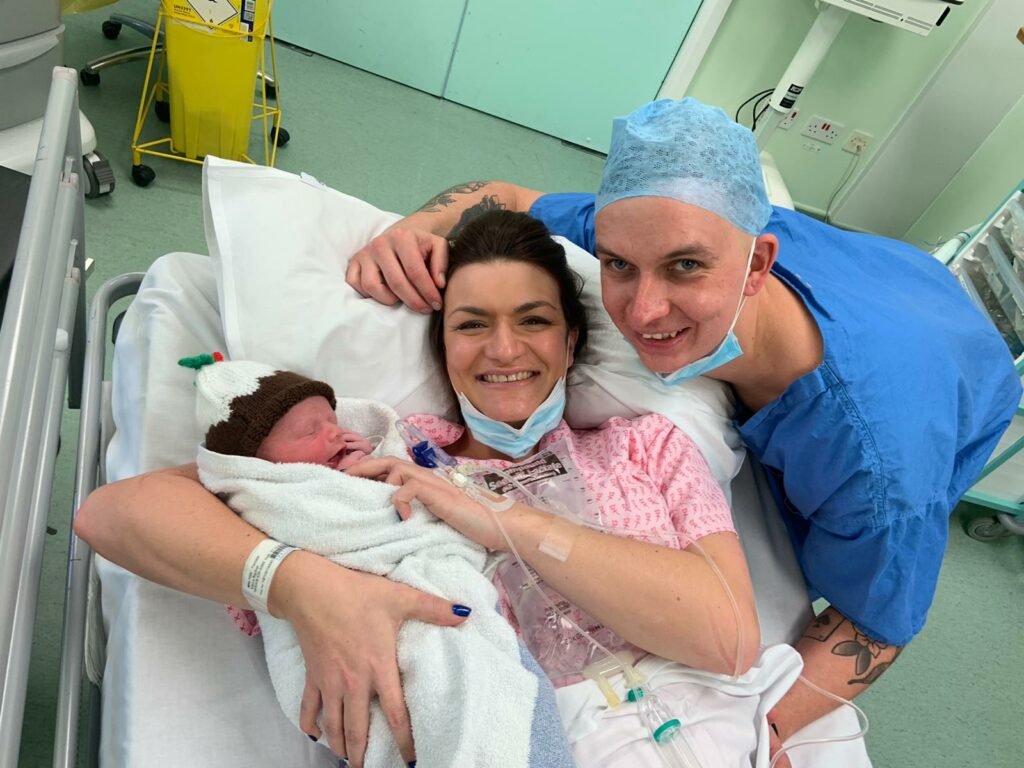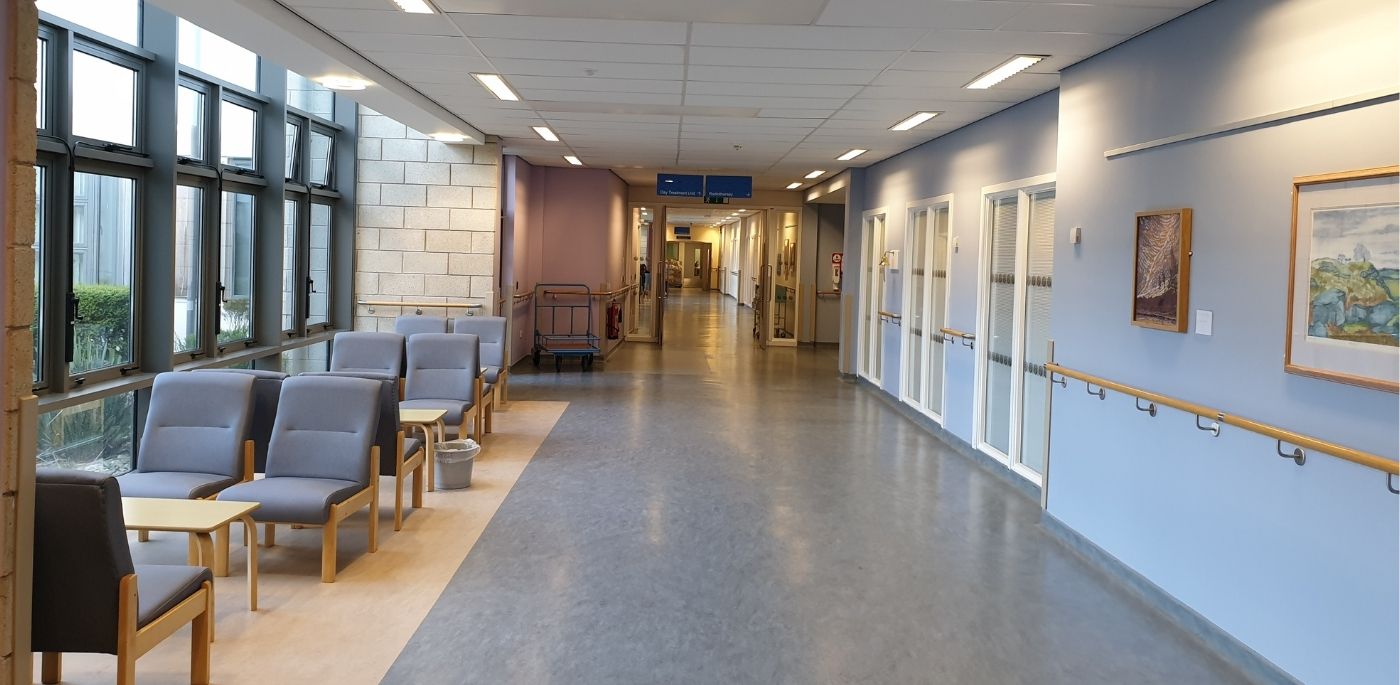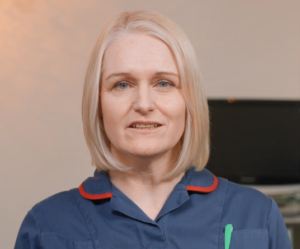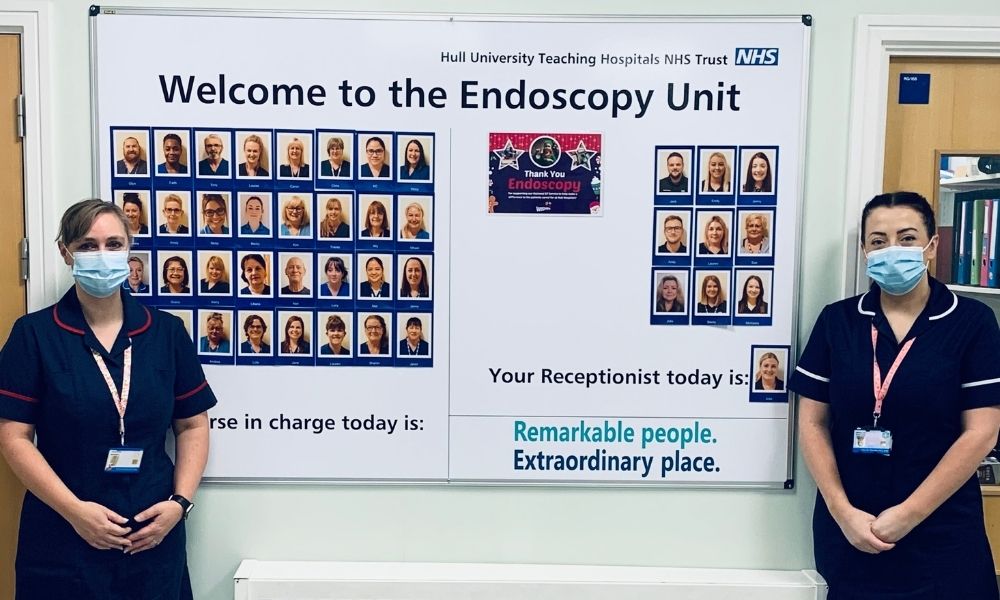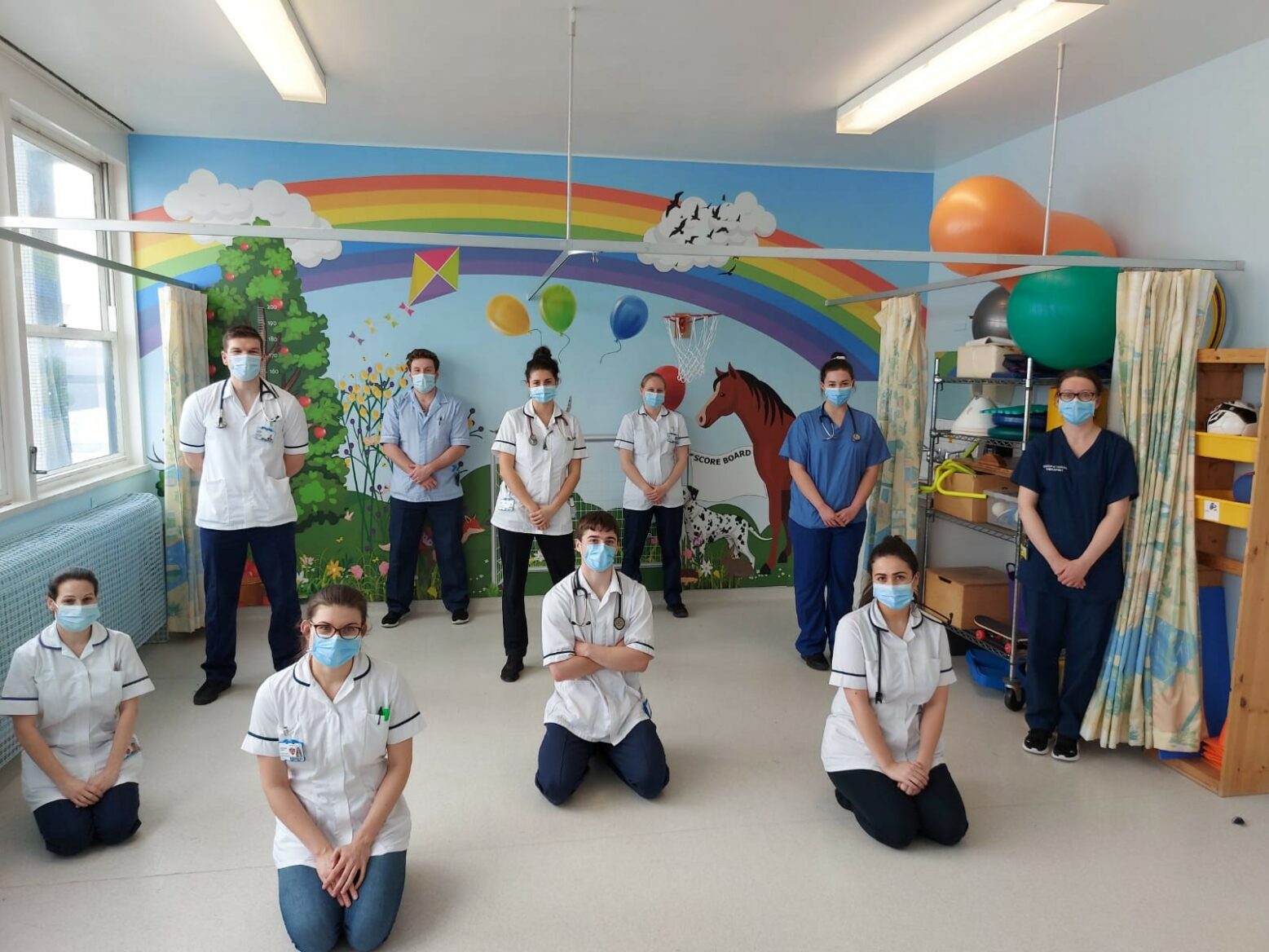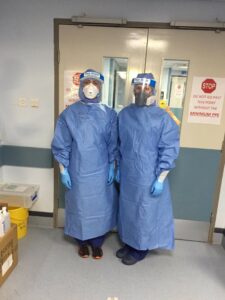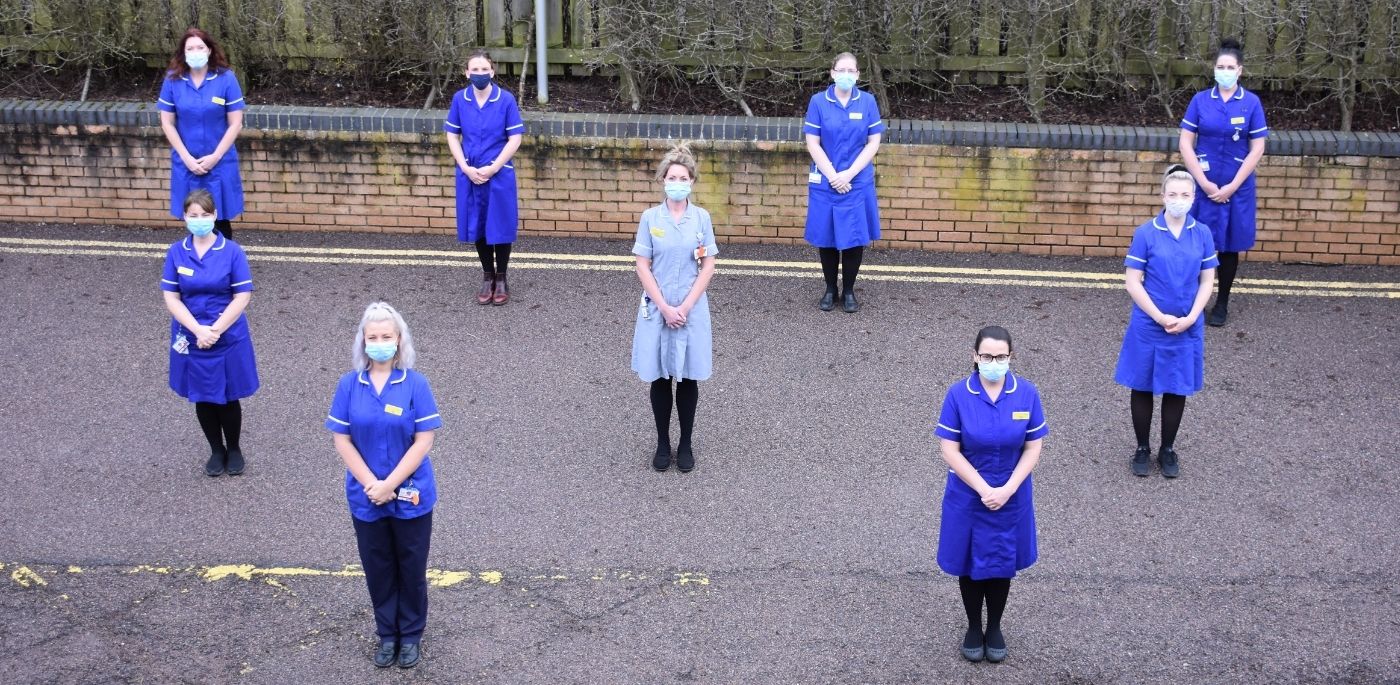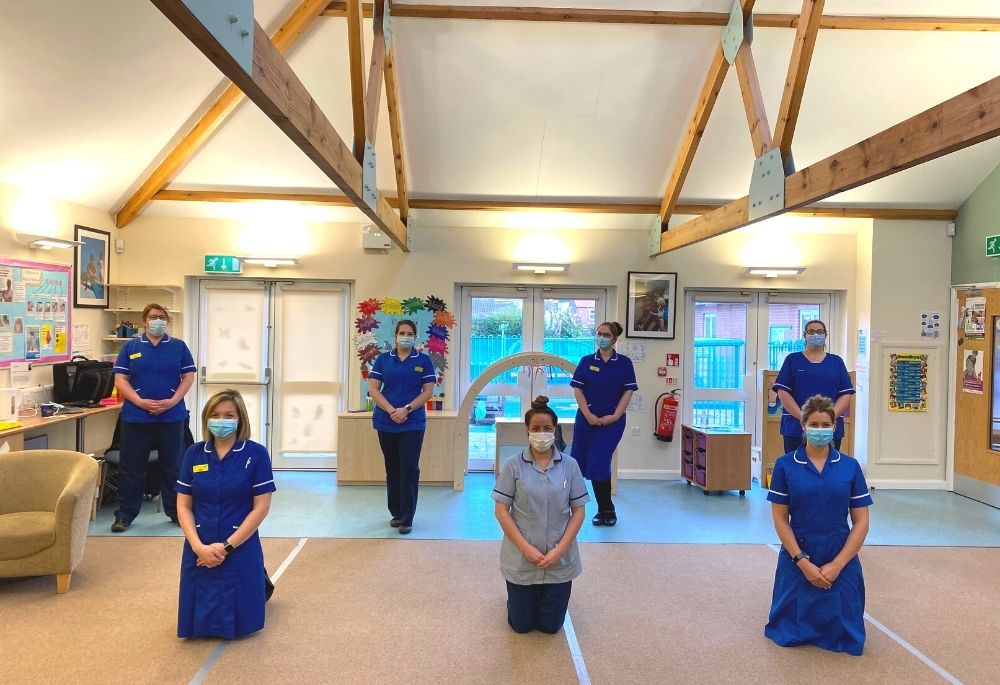Hull University Teaching Hospitals NHS Trust is easing some visiting restrictions from next week as rates of Covid-19 infection continue to fall.
From Monday, one named visitor will be able to visit a relative or friend at Hull Royal Infirmary or Castle Hill Hospital by booking a slot of up to an hour with the ward sister or charge nurse.
The visitor must be the same person for the duration of the patient’s stay in hospital and cannot be swapped between different family members or friends to reduce the risk of transmission of the virus.
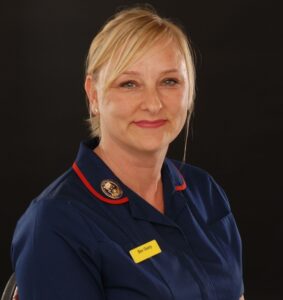 Chief Nurse Beverley Geary said: “We understand how difficult it has been for people not to be able to see their loved ones. We thank people for understanding the safety of our patients has been – and continues to be – our priority during the pandemic.
Chief Nurse Beverley Geary said: “We understand how difficult it has been for people not to be able to see their loved ones. We thank people for understanding the safety of our patients has been – and continues to be – our priority during the pandemic.
“The infection rate is now dropping and we’re seeing fewer people admitted to our hospitals with the virus so we are now able to ease some of the restrictions we have put in place to protect our patients.
“With care homes admitting visitors once more from Monday, we feel the time is right to allow one visitor per patient.”
Visiting arrangements for children’s wards, Intensive Care Units and maternity services remain unchanged and people attending the trust’s Emergency Department must attend alone.
However, the restrictions currently in place will be kept under constant review.
Beverley Geary said: “As people would expect, restrictions will be re-introduced to protect patients if we see cases rising in the coming weeks and months. Likewise, if cases continue to fall, we will ease visiting restrictions further.
“For now, we thank everyone for their patience and understanding and ask for their co-operation with the rules we have in place to protect our patients and staff.
“And we urge everyone to continue to follow the rules around social distancing, hand washing and only leaving home if it’s essential to ensure we continue our progress against the virus.”
All visitors must cover their mouths and noses with a mask, bandana, buff/snood or scarf as soon as they enter a hospital building. Please note people cannot come into any hospital building unless they are wearing a mask, even if they have a medical exemption, to ensure the protection of our patients and staff.
All visitors should wash their hands thoroughly when they walk into a ward, use hand sanitizer when they leave their relative’s bedside and wash their hands for at least 20 seconds as they leave the ward.
Despite the new arrangements, people should not visit any part of Hull Royal Infirmary or Castle Hill Hospital, including wards, diagnostic areas, clinics or outpatient departments, if they are
- unwell, especially if they have a high temperature, a new, continuous cough or have experienced a loss of sense of smell or taste
- vulnerable as a result of their medication, a chronic illness or they are over 70 years of age
Anyone admitted to hospital with suspected or confirmed COVID-19 will not receive visitors except in exceptional circumstances.



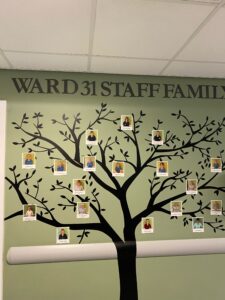 Ward 31 has remained an oncology ward since the start of the first lockdown and throughout the pandemic as part of Hull University Teaching Hospitals NHS Trust’s commitment to protect cancer services despite the pressures caused by the pandemic.
Ward 31 has remained an oncology ward since the start of the first lockdown and throughout the pandemic as part of Hull University Teaching Hospitals NHS Trust’s commitment to protect cancer services despite the pressures caused by the pandemic.
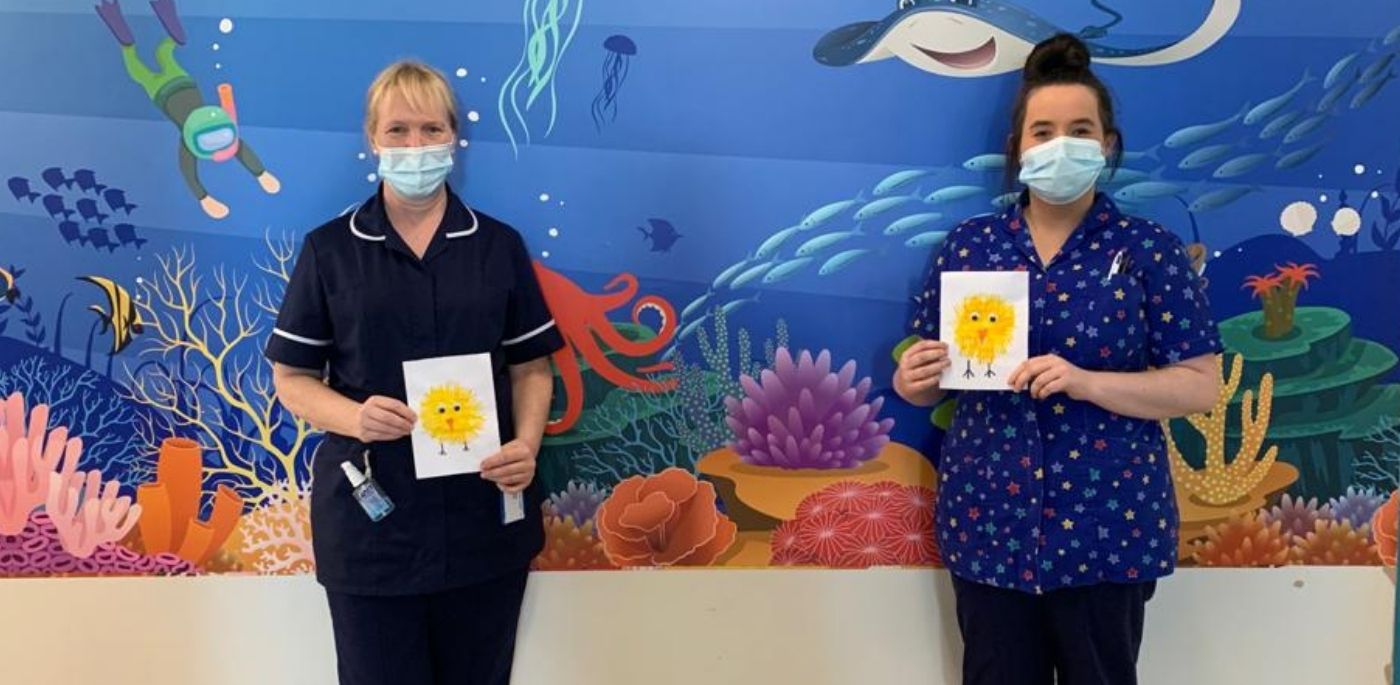
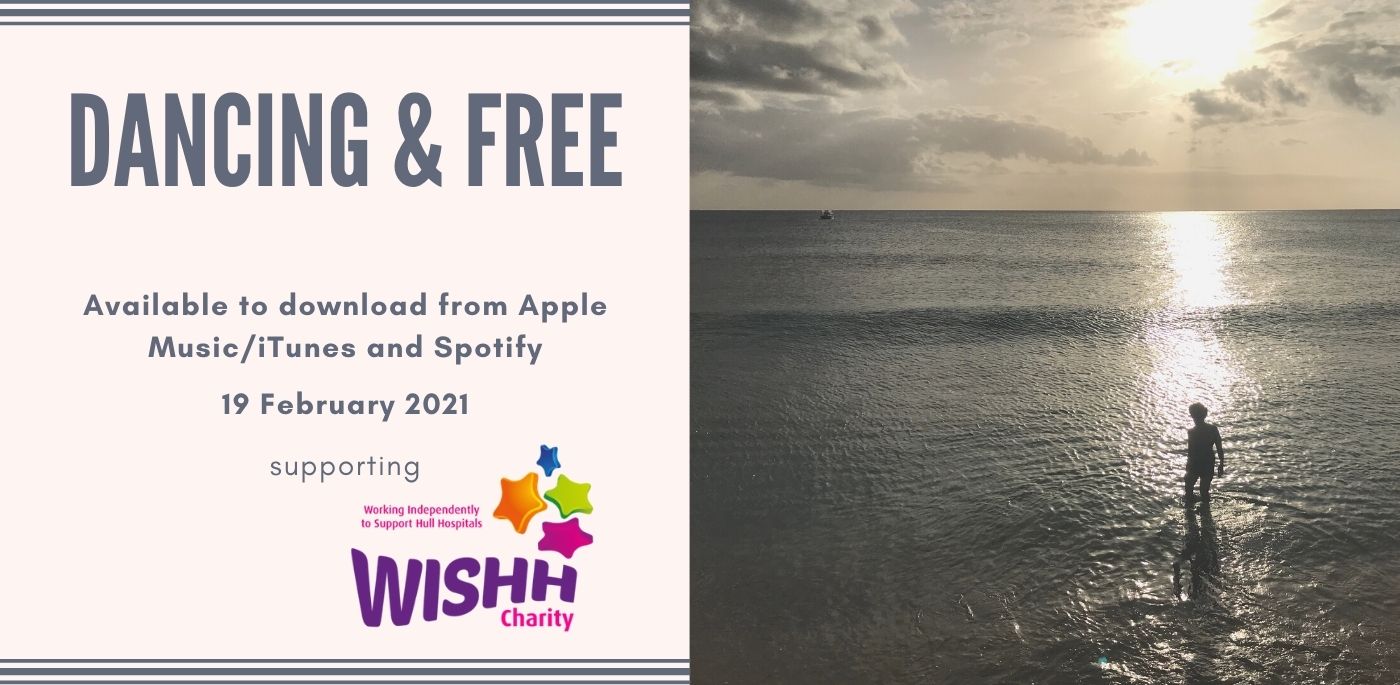
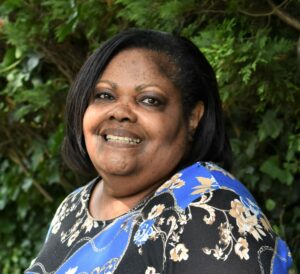

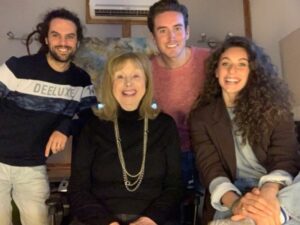
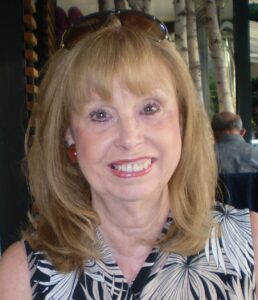

 Fay Turner, Specialist Nurse in Organ Donation, Yorkshire, said: “Talking to your loved ones about your organ donation decision is hugely important. The not knowing can be an added stress for your family at what is already a very difficult time. We would like to encourage more people in East Yorkshire to think about whether they’d like to be an organ donor and to let friends or family know so that they can be sure they are making the right decision for you.”
Fay Turner, Specialist Nurse in Organ Donation, Yorkshire, said: “Talking to your loved ones about your organ donation decision is hugely important. The not knowing can be an added stress for your family at what is already a very difficult time. We would like to encourage more people in East Yorkshire to think about whether they’d like to be an organ donor and to let friends or family know so that they can be sure they are making the right decision for you.”